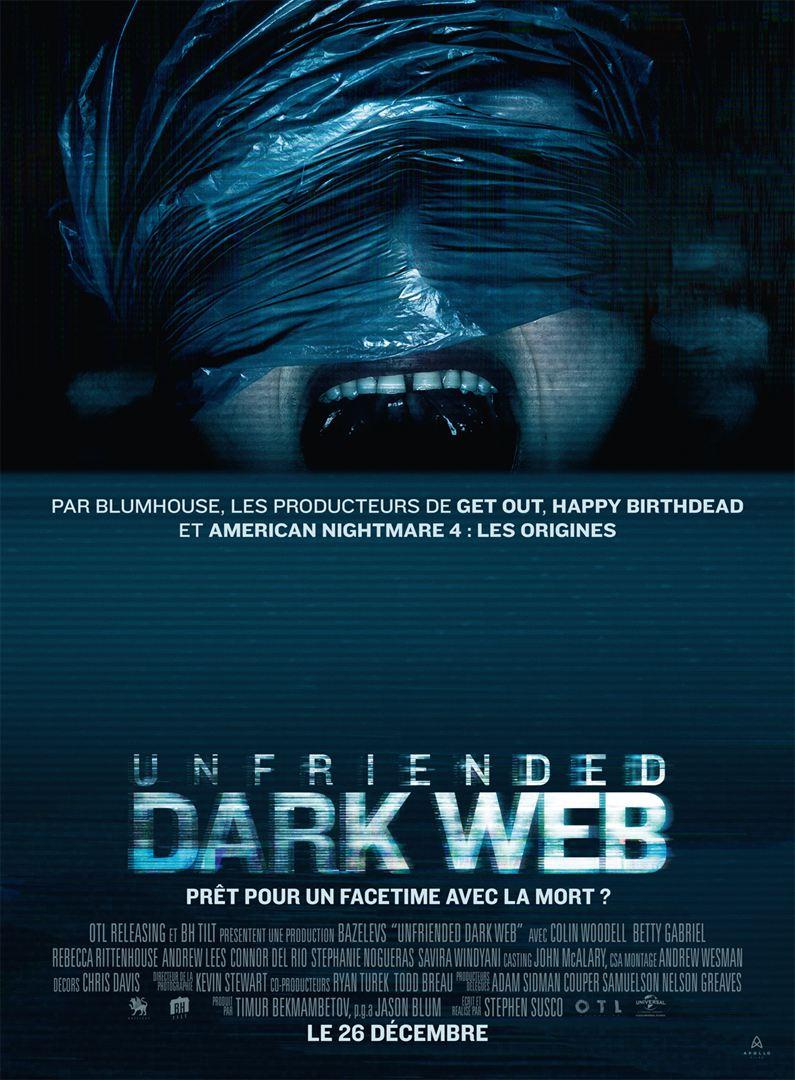Enter the mysterious realm of the Dark Web, a hidden part of the internet where anonymity reigns and privacy is both coveted and compromised. In this article, we will delve into the intricacies of the Dark Web and explore its impact on privacy in the digital age. Join us on a journey through the shadows as we uncover the truth behind this elusive online world.
Exploring the Depths of the Dark Web: A Comprehensive Guide
When it comes to the Dark Web, many people are both intrigued and wary of what lies beyond the surface. This hidden part of the internet is shrouded in mystery and often associated with illegal activities. However, understanding the Dark Web goes far beyond just its negative connotations. It is a complex network that offers both challenges and opportunities for privacy and security.
One of the key impacts of the Dark Web is its role in providing a platform for anonymous communication. **With the use of encryption and decentralized networks**, users can interact without revealing their identities. This can be beneficial for whistleblowers, activists, and individuals in repressive regimes who may face repercussions for their online activities. However, the Dark Web also poses risks, such as facilitating illegal trade, cybercrime, and other malicious activities. **It is crucial for users to exercise caution and vigilance** when navigating this hidden digital realm.

The Importance of Privacy Protection in the Digital Age
When we think about privacy protection in the digital age, one concept that often comes to mind is the dark web. This mysterious corner of the internet is known for its anonymity and illicit activities, making it a hotbed for privacy concerns. The dark web operates using networks like Tor and I2P, which allow users to browse the web without revealing their identity. This makes it a breeding ground for cybercrime, with illegal activities such as drug trafficking, hacking, and fraud running rampant.
One of the biggest impacts of the dark web on privacy is the risk of personal information being bought and sold on black markets. With digital currency like Bitcoin making transactions on the dark web virtually untraceable, hackers and cybercriminals can easily obtain and sell sensitive data such as credit card numbers, social security numbers, and login credentials. This not only puts individuals at risk of identity theft and financial loss but also highlights the importance of implementing robust privacy measures in our online activities.

Tools and Strategies for Safely Navigating the Dark Web
When it comes to navigating the Dark Web, it’s important to arm yourself with the right tools and strategies to protect your privacy and security. One essential tool is using a reliable VPN (Virtual Private Network) to encrypt your internet connection and mask your IP address. This ensures that your online activity remains anonymous and prevents prying eyes from tracking your every move.
Another effective strategy is utilizing secure browsers like Tor, which is specifically designed to access the Dark Web while maintaining your anonymity. Additionally, practicing good digital hygiene such as using strong, unique passwords and enabling two-factor authentication can add an extra layer of protection. By implementing these tools and strategies, you can safely explore the Dark Web without compromising your privacy.

Staying Vigilant: Tips for Mitigating Privacy Risks on the Dark Web
The Dark Web is a mysterious and often misunderstood corner of the internet where users can operate anonymously and engage in illicit activities. It poses significant privacy risks for those who venture into its depths, making it crucial for individuals to take proactive steps to protect themselves. By staying vigilant and following these tips, you can mitigate potential privacy threats on the Dark Web:
- Use a VPN: Mask your IP address and encrypt your internet connection to prevent third parties from tracking your online activities.
- Avoid clicking on suspicious links: Be cautious of unknown websites and links that could lead to malware or compromise your personal information.
- Enable two-factor authentication: Add an extra layer of security to your online accounts to prevent unauthorized access.
It’s important to remember that navigating the Dark Web comes with inherent risks, and maintaining your privacy requires constant vigilance. By implementing these tips and staying informed about emerging threats, you can better protect yourself from potential privacy breaches on the Dark Web.
Key Takeaways
As we unravel the mysteries of the dark web and its implications on privacy, it becomes clear that navigating this hidden realm requires caution and vigilance. While it offers anonymity and freedom, it also harbors risks and dangers that can compromise our personal information. By understanding the complexities of the dark web, we can better protect ourselves and our privacy in the digital age. Remember, knowledge is power – so stay informed, stay safe, and stay curious as we continue to explore the ever-evolving landscape of cyberspace.

